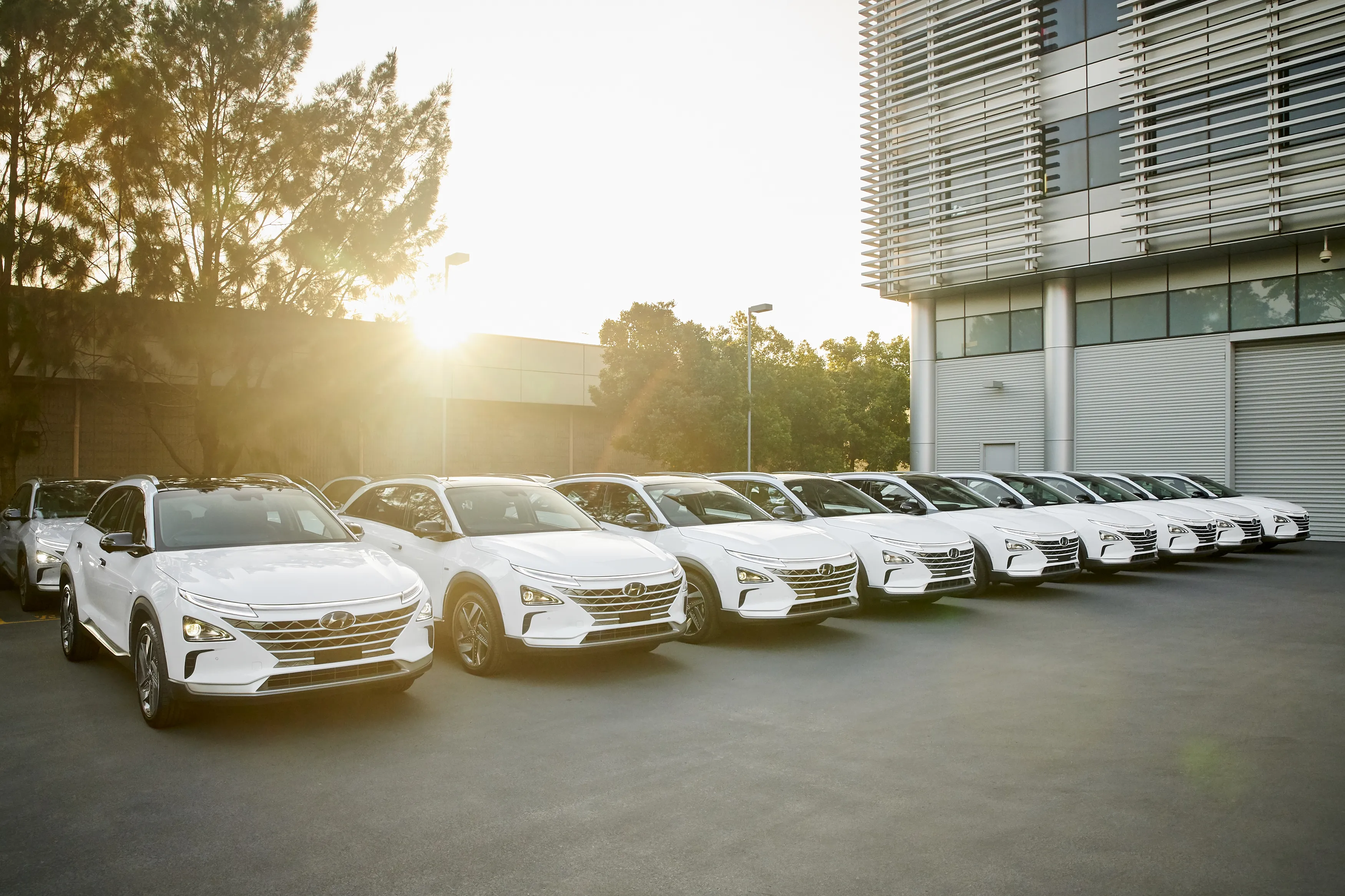Australian state capitals are paying $25 billion per year on avoidable congestion - and could end up paying $40bn by 2030 unless there is a policy change.
That is the stark warning from Alan Tudge, federal minister of population, cities and urban infrastructure, who spoke at Australia’s seventh ITS Summit.
Discussing how ITS technologies can help solve gridlock, he described some of the projects which fall under the Australian government’s $100bn programme of transport infrastructure expenditure – such as ramp metering, dynamic speed limits, reversible lanes, variable signage and traffic signal priority for emergency and freight vehicles – which “can massively increase road utilisation and hence, effective capacity”.
The summit at the Melbourne Convention and Exhibition Centre, organised by
Keynote speaker Kirk Steudle, senior vice president of
“The fusing of technology into our daily lives shows no signs of slowing down,” he continued. “Integration of technology into the transport network is needed for greater economic efficiency and expansion.”
A panel discussion facilitated by Dennis Walsh, chief engineer at the Queensland
Congestion could cost Australian cities $40bn by 2030, says minister
Australian state capitals are paying $25 billion per year on avoidable congestion - and could end up paying $40bn by 2030 unless there is a policy change.
That is the stark warning from Alan Tudge, federal minister of population, cities and urban infrastructure, who spoke at Australia’s seventh ITS Summit.
Discussing how ITS technologies can help solve gridlock, he described some of the projects which fall under the Australian government’s $100bn programme of transport infrastructure expenditure – suc
September 11, 2019
Read time: 2 mins







